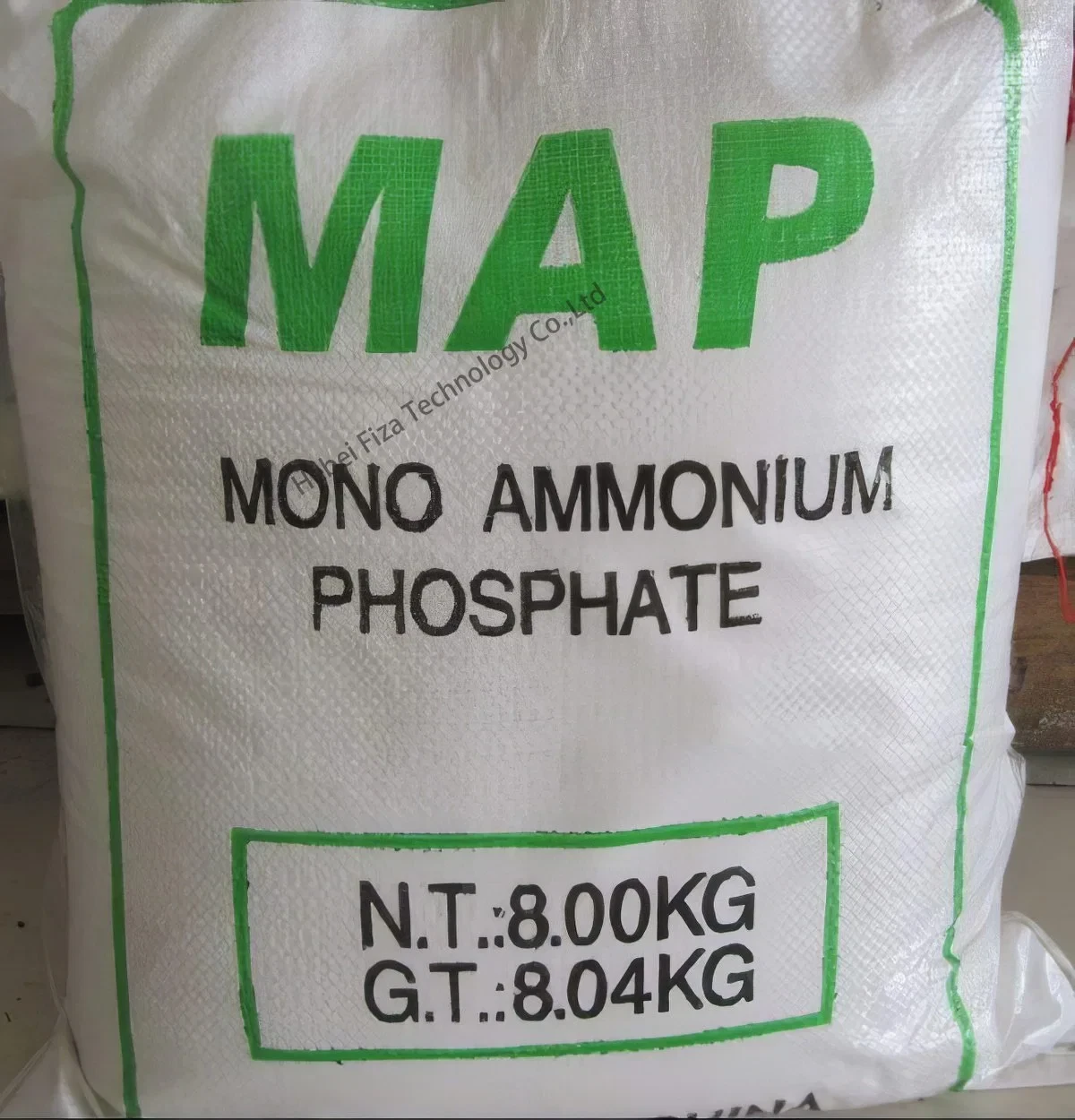



Ion Exchange Resins and Chemicals for Effective Water Treatment Solutions
Ion Exchange Water Treatment Chemicals An Overview
Water treatment is crucial for ensuring safe drinking water, industrial applications, and environmental sustainability. One of the most effective methods for water treatment is ion exchange, a process that removes unwanted ions and replaces them with more desirable ones. This article will delve into ion exchange water treatment chemicals, their applications, and their significance in modern water management.
Understanding Ion Exchange
At its core, ion exchange involves the reversible exchange of ions between a solution and a solid resin. The process typically occurs in ion exchange columns containing resin particles. Resins are polymers that have been functionalized to bind specific ions; they come in two main types cation exchange resins, which retain positively charged ions (cations), and anion exchange resins that bind negatively charged ions (anions).
When water passes through the ion exchange columns, undesirable ions such as calcium, magnesium, iron, or heavy metals are captured by the resin and replaced with ions such as sodium or hydrogen, depending on the type of resin used. This process not only softens water by removing hardness but also helps in dematerialization for specific applications.
Key Chemicals in Ion Exchange
The effectiveness of ion exchange relies heavily on the type and condition of the resins used. Here are some key chemicals related to ion exchange processes
1. Ion Exchange Resins - These are the primary chemicals used in ion exchange processes. They are categorized into strong and weak acids or bases, based on their capacity to donate or accept protons. Strong acid cation resins are effective in high pH environments, while weak acid cation resins are suitable for low pH water.
2. Regeneration Chemicals - After a resin reaches its capacity, it needs to be regenerated to restore its ion exchange capacity. For cation resins, sodium chloride (table salt) is commonly used, while sodium hydroxide is typically used for anion resins. This regeneration process is crucial for maintaining the efficiency of the ion exchange system.
ion exchange water treatment chemicals

3. pH Modifiers - The pH of the water being treated can significantly impact the efficiency of ion exchange. Chemicals such as sulfuric acid or hydrochloric acid may be used to adjust the pH, enhancing the removal of certain metal ions and improving overall treatment performance.
4. Chelating Agents - In some cases, chelating agents like EDTA (Ethylenediaminetetraacetic acid) are introduced to bind metal ions that are not easily removed through standard ion exchange processes. This addition can enhance the effectiveness of the treatment.
Applications of Ion Exchange Chemicals
Ion exchange chemicals are employed in various sectors, including
1. Drinking Water Treatment - Ion exchange is used to soften hard water, reducing scale formation in plumbing and appliances. It also removes harmful contaminants, ensuring safe drinking water.
2. Industrial Water Treatment - Industries such as pharmaceuticals, power generation, and food processing rely on high-purity water. Ion exchange systems effectively remove impurities, preventing equipment corrosion and product contamination.
3. Wastewater Treatment - Ion exchange plays a crucial role in treating industrial wastewater, helping to meet environmental regulations by removing toxic heavy metals and other harmful ions.
Conclusion
In conclusion, ion exchange water treatment chemicals are essential components in the quest for clean and safe water. From enhancing drinking water quality to serving critical industrial functions, these chemicals facilitate the efficient removal of unwanted ions while supporting regeneration processes to maintain their effectiveness. As water scarcity and quality concerns continue to grow, the significance of ion exchange technology will undoubtedly play a more prominent role in addressing global water challenges.
-
Using Potassium Nitrate for Colorants in Various ProductsNewsApr.29,2025
-
Safety Precautions When Handling Monopotassium PhosphateNewsApr.29,2025
-
Lead Oxide in Wastewater Treatment: A Powerful SolutionNewsApr.29,2025
-
Innovations in Sodium Chlorite ApplicationsNewsApr.29,2025
-
How Lead Nitrate is Used in Analytical ChemistryNewsApr.29,2025
-
Different Grades of Sodium Bisulfate: Which One Do You Need?NewsApr.29,2025
-
Sodium Chlorite vs. Other Disinfectants: A Comparative AnalysisNewsApr.14,2025










